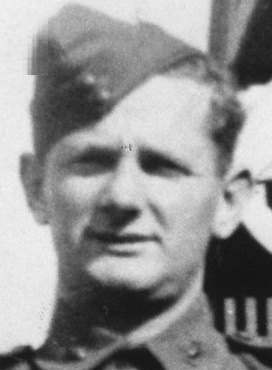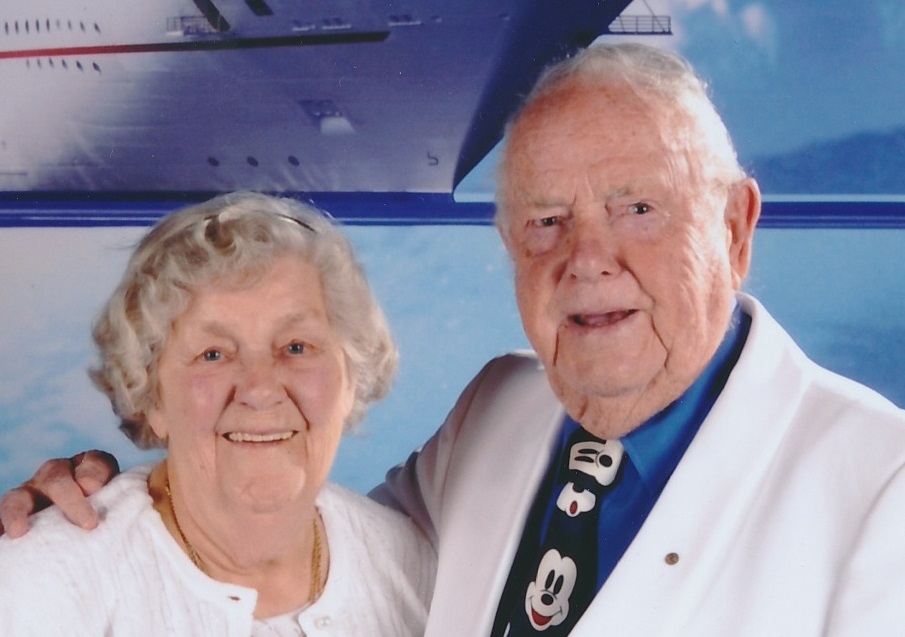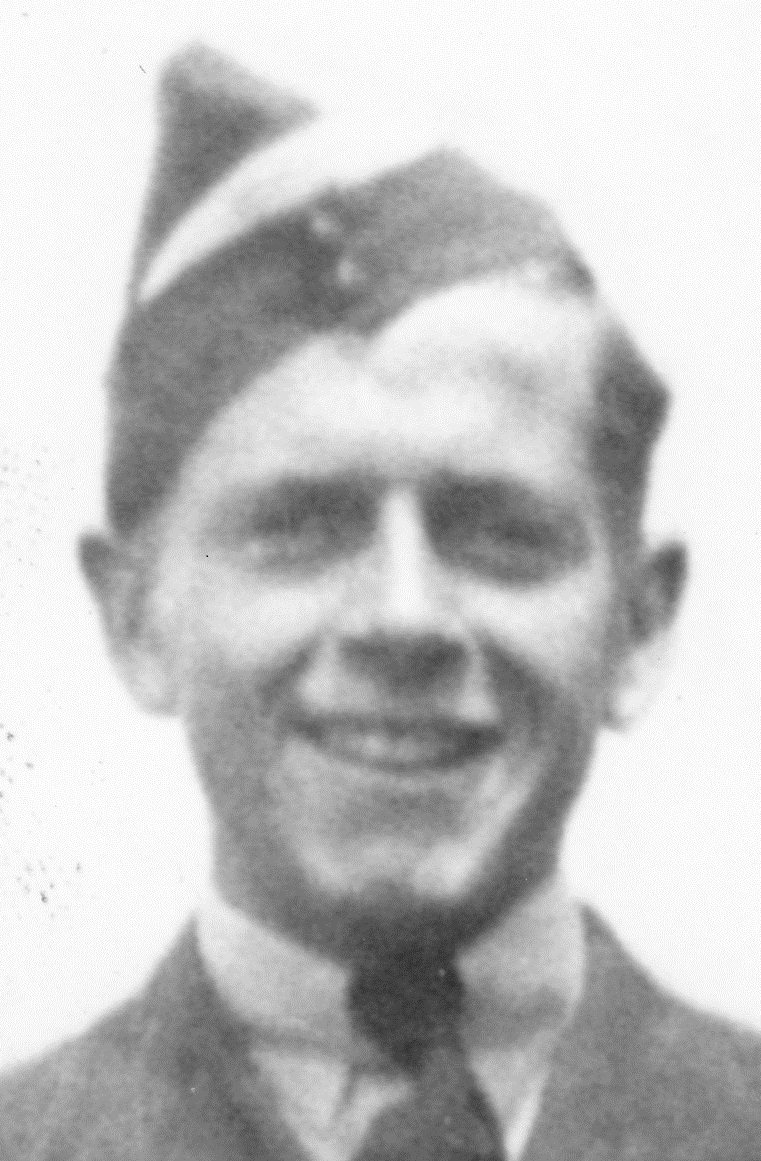Legacy Of War
By Robert J. Burrowes
22 April, 2015
Countercurrents.org
As the world continues to engage in various commemorations in relation to World War I, Australia approaches the centenary anniversary of a defining event in the nation's history: ANZAC Day. On 25 April 1915, and for many days after, Australia suffered savage losses at Gallipoli in Turkey.
Sometimes when we reflect on war, we talk about sacrifice for a good cause. Other times, we talk about the cost, in lives or liberties lost. Occasionally, we talk about the horror. Sometimes we talk about the gains, nationally or internationally, for freedom and democracy. And rarely, we analyse the causes of war and lament that one day we might end it.
When I reflect on war, I think of my uncles and great uncles, and my father and mother (both veterans of World War II) and I know what I want to do. But briefly first, some history.
My great uncle, Thomas Ince Farrell, was a soldier in the 16th Battalion of the AIF in World War I. He was killed in action at Pope's Hill, Gallipoli 'on or about' 2 May 1915.
Another great uncle, Leslie Burrowes, was a trooper in the 10th Light Horse Regiment of the AIF in World War I. He was wounded in action three times at Gallipoli and died prematurely some years after the Great War, a psychologically broken man. He was undoubtedly suffering from what today would be called post-traumatic stress disorder (PTSD). He survived the horrors of war to live with them psychologically for the rest of his difficult and shortened life.
My father had two brothers: his older brother, Robert, and his twin brother, Thomas. Both were killed in World War II.

Bob Burrowes
Bob was a soldier in the 34th Fortress Engineers of the Australian Imperial Force. He was captured during the fall of Rabaul on 22 January 1942, held prisoner and half-starved at the Malaguna Road camp until he was put on the Japanese prisoner-of-war ship 'Montevideo Maru' in late June. On 1 July 1942, the unmarked and unescorted 'Montevideo Maru' was torpedoed off Luzon by the 'USS Sturgeon'. The ship sank in six minutes. All 1,053 Australian prisoners of war were killed: it was Australia's largest single loss of life in a single incident during the entire war.

Beryl & James Burrowes
In his final letter home, written while he was a prisoner, Bob wrote 'Get Jim out if you possibly can.' But it was too late. Bob's brother Jim had already joined up and been assigned to M Special Force; he served as a coastwatcher in Papua New Guinea. After the war he married Beryl, a veteran of the Women's Australian Air Force (WAAF). Jim and Beryl 'made' me, as Dad sometimes jokes.

Tom Burrowes
My father's twin brother Tom was a wireless air gunner on a Beaufort Bomber (popularly but irreverently known as 'flying coffins') in the RAAF’s 100 Squadron. He was shot down over Rabaul on his first mission on 14 December 1943. His plane was never found.
In 1966, the year I turned 14, I decided that I would devote my life to answering two questions: Why are human beings violent? How can this violence be ended? I also decided to act on the basis of what I learned by seeking answers to these two questions. This is more than a life passion: It is why I live.
If you like, you can read what I have learned in the past 49 years, particularly with the help of my beloved Anita. It is summarised in a document that I called 'Why Violence?' http://tinyurl.com/whyviolence
You can also join a worldwide effort to create a world without violence by signing the online pledge of 'The People's Charter to Create a Nonviolent World' http://thepeoplesnonviolencecharter.wordpress.com
A world without violence might not be possible, but we humans are always undertaking things that look impossible at first glance. Besides, my parents always taught me to 'Try. Try again.' I still do. And, at 92, they are still my greatest supporters.
Robert J. Burrowes has a lifetime commitment to understanding and ending human violence. He has done extensive research since 1966 in an effort to understand why human beings are violent and has been a nonviolent activist since 1981. He is the author of 'Why Violence?' http://tinyurl.com/whyviolence His email address is [email protected] and his website is at http://robertjburrowes.wordpress.com
Tags
Robert J. Burrowes
World Without Violence
Peace
Nonviolence
.
Comments are moderated

